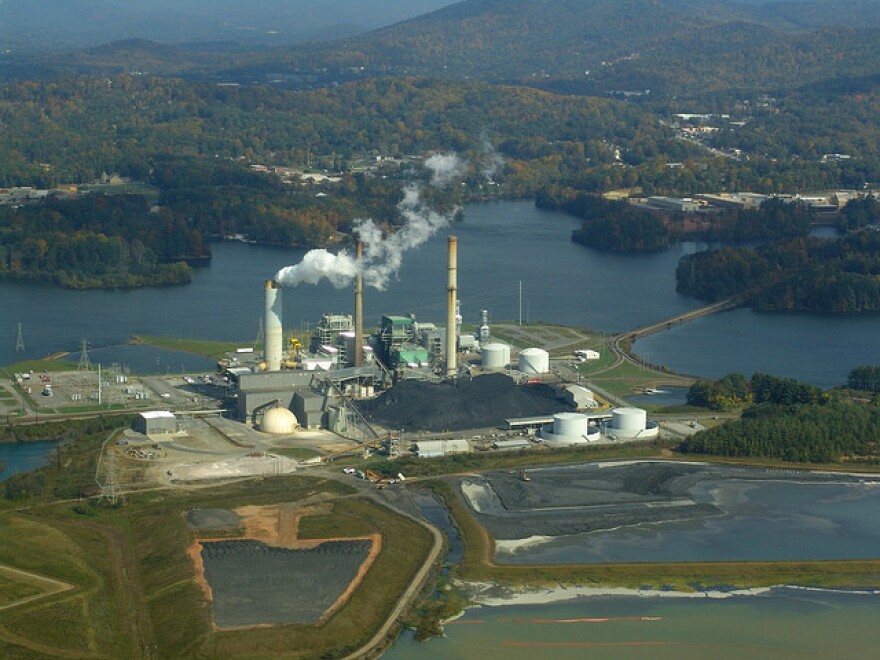Coal ash and fracking will dominate the environmental headlines this year. But the story will be different in the Legislature, where as much news will be made by what’s not discussed as by what is.
Some observers believe that the Renewable Energy Portfolio Standard that has been such a contentious issue in years past may not come up at all this session. It requires utility companies to generate 12.5 percent of its electricity using renewables by 2021.
The REP Standard first passed in 2007 and sustained a Republican challenge in 2013.
Other debates this session will likely focus on the solar-energy tax credit and smart-grid technology.
Solar tax credit expires
The state currently offers a 35% tax credit on solar. That credit is set to expire in December 2015. It’s been a key reason North Carolina’s solar business has grown as drastically as it has, pushing the state to number four in the country in solar production.
Smart-grid technology may generate fewer headlines, but it arguably affects more average customers.
“Right now, it’s very difficult to have easy and complete visibility to your own consumption data, much less easily share that with a company that could help you save energy,” explains Ivan Urlaub, the executive director of the North Carolina Sustainable Energy Association.
The Legislature will wait to get going on many aspects of coal-ash disposal.
The Coal Ash Management Commission will work throughout 2015 to prioritize Duke Energy’s 32 sites before sending along its recommendations to the General Assembly for approval.
New rules allowing fracking will likely come before the Legislature this month. But even if the rules are passed, few companies are expected to begin serious exploration efforts. Natural gas prices are low, and North Carolina’s reserves are thought to be limited.








